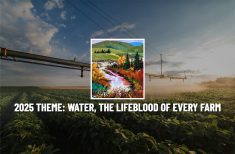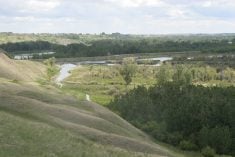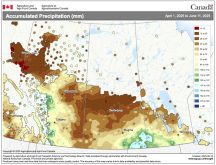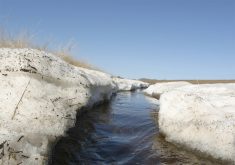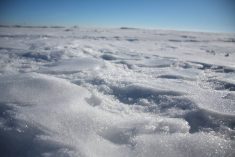If you’re looking to locate ground zero for water issues on a map of Canada, just stick a pin a few kilometres east of Winnipeg.
From frequent major flooding on two major rivers to the polluting of the seventh largest freshwater lake in the world, to farmers’ struggles with saturation and drought, to chronic problems with water quality on Indigenous reserves, water is often a top-of-mind issue in the province.
The federal Liberal government appears to have recognized that in placing the future Canada Water Agency in Winnipeg, long the home of not only water problems but also extensive water quality research.
Read Also
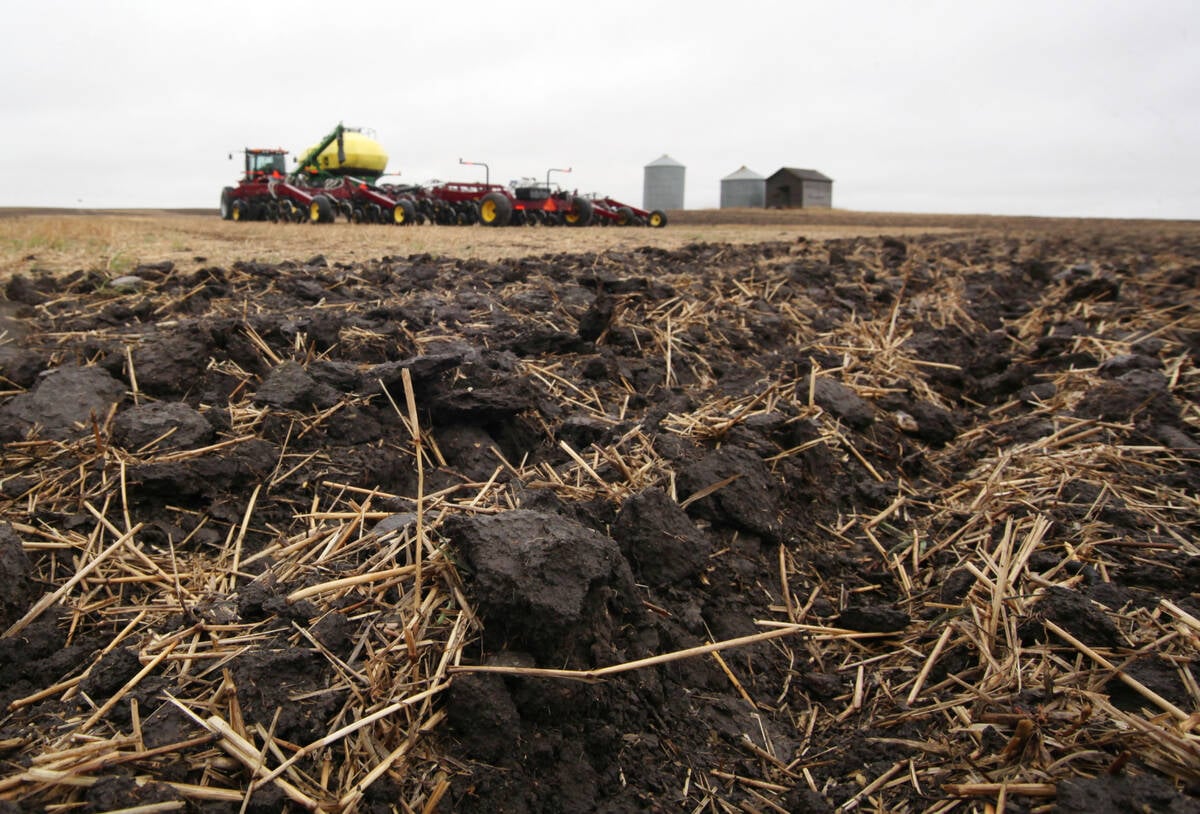
Precision 4R cuts farm greenhouse gas emissions
Lower areas in your field tend to emit more greenhouse gas, research shows that precision 4R nutrient stewardship practices can help mute the trend
The move, announced in the federal budget speech, is being cheered by Manitoba’s main farm group, which looks forward to having more resources committed to one of its biggest issues.
“We need more data and research about soil, groundwater, wetlands, as well as water conservation and soil conservation,” said Jake Ayre, vice-president of Keystone Agricultural Producers.
“It’s a unique opportunity to have that based right in Winnipeg and close to the Prairies.”
Manitoba’s government converted its water conservation districts into watershed authorities four years ago and has been channelling much of its environmental and water protection efforts through the watershed organizations. Those organizations have also been on the forefront of delivering federally funded water and environmental programs for agriculture, such as Living Labs. They were pleased to see the agency announced and close by.
The Manitoba Association of Watersheds “is pleased that the headquarters for Canada Water Agency will be here in Manitoba,” said Lynda Nichol, executive director of MAW.
“MAW is dedicated to supporting Manitoba’s watershed districts in their efforts to protect water, soil and biodiversity, and to build climate resilience, and we recognize the value of having local resources to help promote effective and efficient water management within Manitoba and across Canada.”
The budget announced $83.1 million for establishing the agency over the next few years and then $21 million in annual costs. Its goal is to “work with the provinces, territories, municipalities and indigenous groups to manage our precious freshwater resources,” said Terry Duguid, the Winnipeg member of Parliament who has been pushing for the agency for years, following the announcement.
Winnipeg is the home of the International Institute for Sustainable Development, which conducts much innovative research, such as the Experimental Lakes Program.
Winnipeg is also home of the Freshwater Institute, which is home to many of the federal Fisheries and Marine departments scientists and researchers.
Few federal agencies are headquartered outside Ottawa. That has often brought complaints about issues outside of Ontario and Quebec being ignored and an eastern focus permeating national issues.
With the agency being based in Winnipeg, many are hoping to see a wider focus for the Canada Water Agency.
KAP is happy to see the agency so close to Manitoba farmers and to Western Canadian agriculture.
“The fact that it’s right in Winnipeg and right outside our front door is good news,” said Ayre.
Contact ed.white@producer.com







